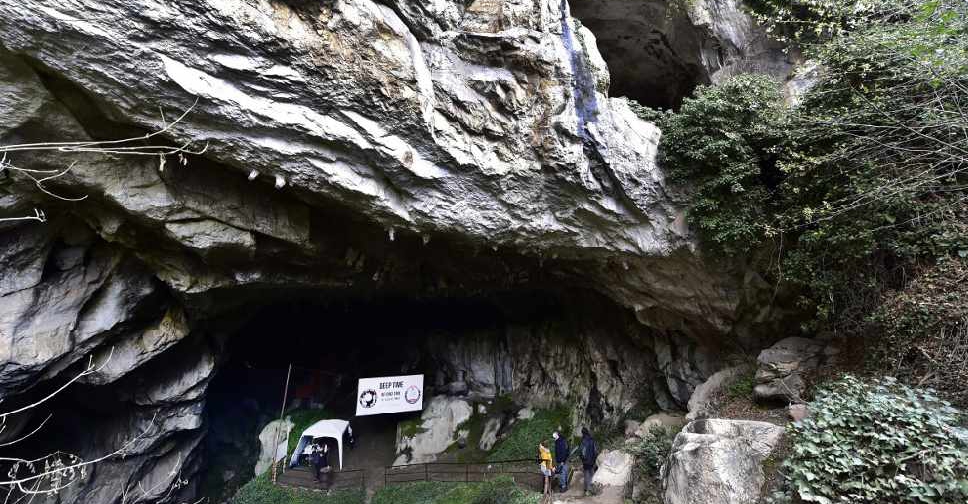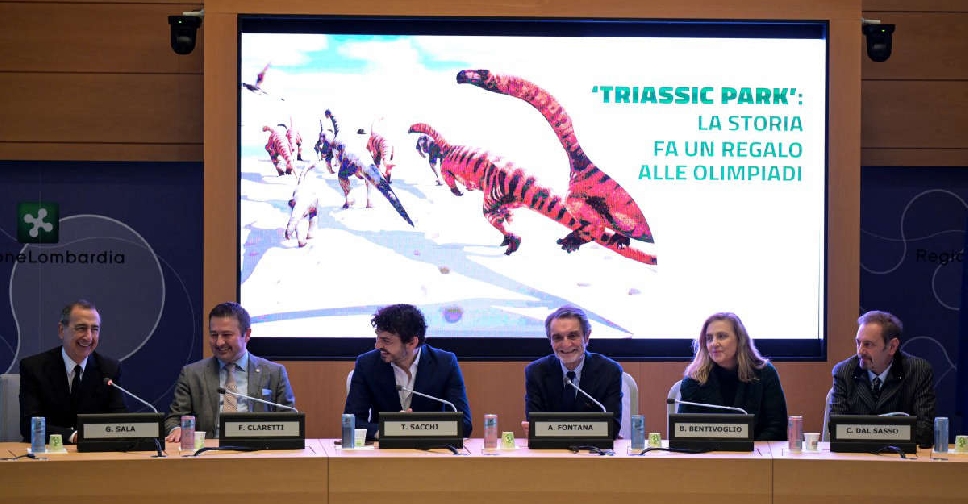
Fifteen people have emerged from a cave in France after 40 days in an experiment to see how a lack of external communications would affect their sense of time.
The study by France's Human Adaptation Institute, nicknamed the 'Deep Time experiment', sought to explore how humans deal with isolation and sudden extreme changes to living conditions.
Participants, aged between 27 and 50 years, were asked to stay inside a cave with no natural light, no access to watches or devices, and no contact with the outside world for 40 days.
Inside the Lombrives cave system in the Pyrenees mountain range in south-western France, the group had to adapt to an environment that was a constant 15 degrees Celcius, with 95 per cent humidity.
The eight men and seven women had a tent each for privacy, but they needed to generate their own electricity by pedalling on a bike and draw their own water from a well 45-metres below.
At the end of the experiment, researchers waited for them to emerge, but instead had to go into the cave and fetch them.
Without clocks, they had been keeping track of time using their own sleep cycles and had miscalculated how long they had left underground.
The consensus was that there was another 7-10 days left.
When told it was time to leave two-thirds of them wanted to stay so they could finish tasks the group had started, according to research chronobiologist Benoit Mauvieux.


 Thousands of dinosaur footprints found near Winter Olympics site
Thousands of dinosaur footprints found near Winter Olympics site
 Japan's last two giant pandas are headed to China and fans just can't bear it
Japan's last two giant pandas are headed to China and fans just can't bear it
 Huge undersea wall dating from 5000 BC found in France
Huge undersea wall dating from 5000 BC found in France
 Koshary, a spicy Egyptian staple, wins UNESCO recognition
Koshary, a spicy Egyptian staple, wins UNESCO recognition
 At Britain's first plant-based Michelin-star restaurant, most diners aren't vegan
At Britain's first plant-based Michelin-star restaurant, most diners aren't vegan




